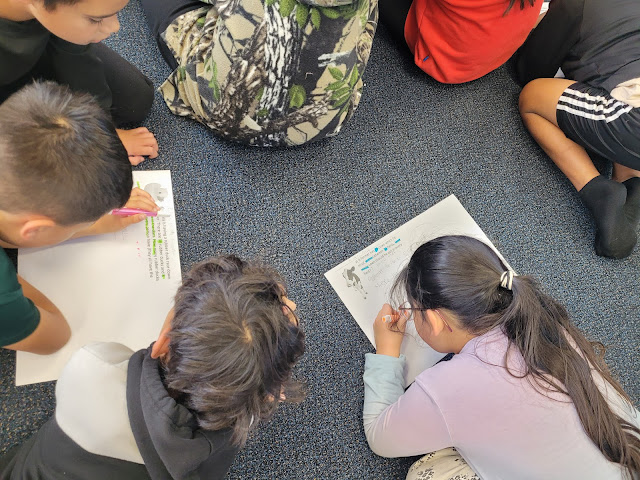My inquiry this year is based around the CPA approach to teaching, and how implementing it within my practice will enable students to gain a greater mathematical understanding of the concepts being learned.
What is the CPA approach to teaching?
The Concrete Pictorial Abstract (CPA) approach is a means of scaffolding learning that uses physical and visual aids to help students understand abstract topics. Students are introduced to a new mathematical concept through the use of concrete resources (e.g., Multilink cubes, Base Ten Materials, Dice, etc.).
According to Third Space Learning, "Pupils achieve a much deeper understanding if they don’t have to resort to rote learning and are able to solve problems without having to memorise".







